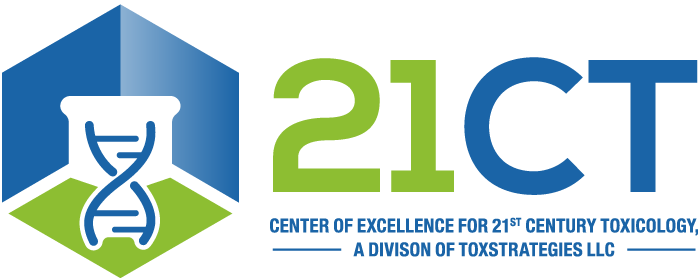Henderson RG, Welsh BT, Rogers JM, Borghoff SJ, Trexler KR, Bonn-Miller MO, Lefever TW. 2023. Reproductive and developmental toxicity evaluation of cannabidiol. Food Chem Toxicol 176:113786.
Abstract
An important data gap in determining a safe level of cannabidiol (CBD) intake for consumer use is determination of CBD’s potential to cause reproductive or developmental toxicity. We conducted an OECD Test Guideline 421 GLP-compliant study in rats, with extended postnatal dosing and hormone analysis, where hemp-derived CBD isolate (0, 30, 100, or 300 mg/kg-bw/d) was administered orally. Treatment-related mortality, moribundity, and decreased body weight and food consumption were observed in high-dose F0 adult animals, consistent with severe maternal toxicity. No effects were observed on testosterone concentrations, F0 reproductive performance, or reproductive organs. Hepatocellular hypertrophy in the 100- and 300 mg/kg-bw/day groups correlated with hypertrophy/hyperplasia in the thyroid gland and changes in mean thyroid hormone concentrations in F0 animals. Mean gestation length was unaffected; however, total litter loss for two females and dystocia for two additional females in the high-dose group occurred. Other developmental effects were limited to lower mean pup weights in the 300 mg/kg-bw/d group compared to those of concurrent controls. The following NOAELs were identified for CBD isolate based on this study: 100 mg/kg-bw/d for F0 systemic toxicity and female reproductive toxicity, 300 mg/kg-bw/d for F0 male reproductive toxicity, and 100 mg/kg-bw/d for F1 neonatal and F1 generation toxicity.
